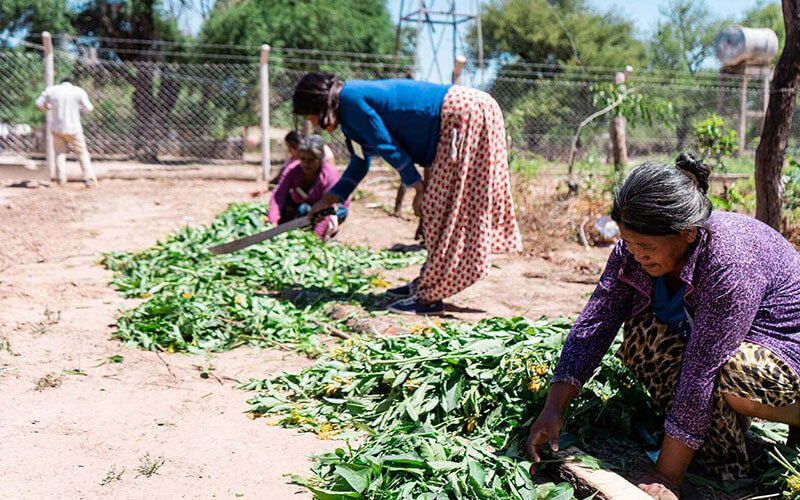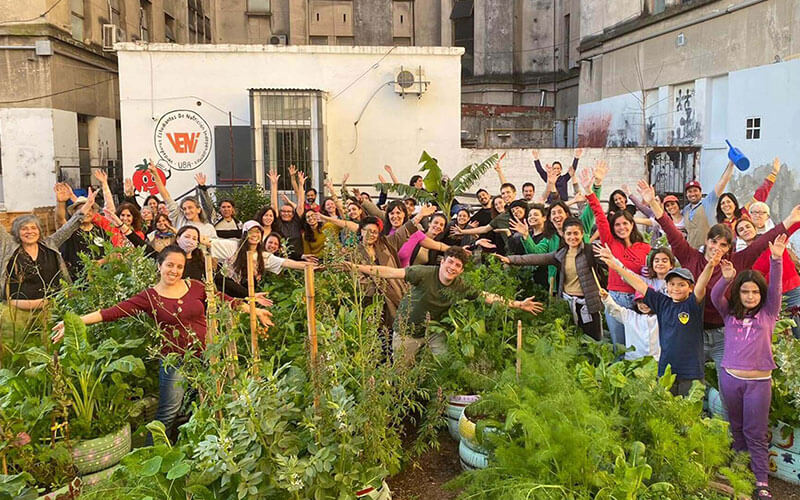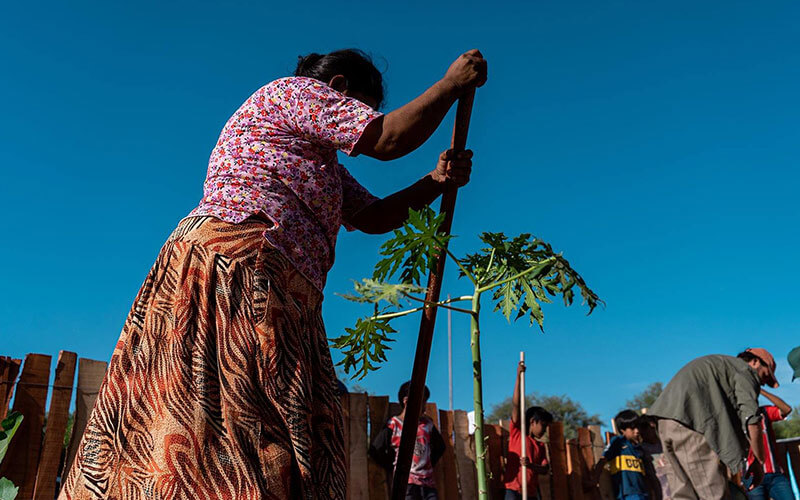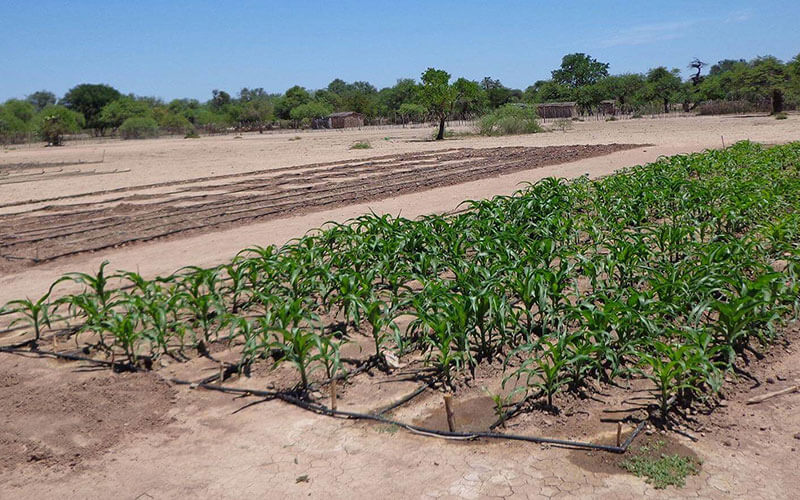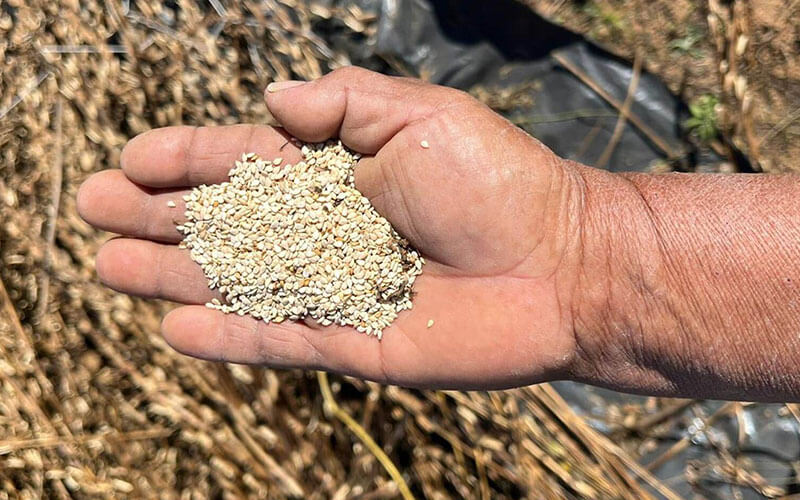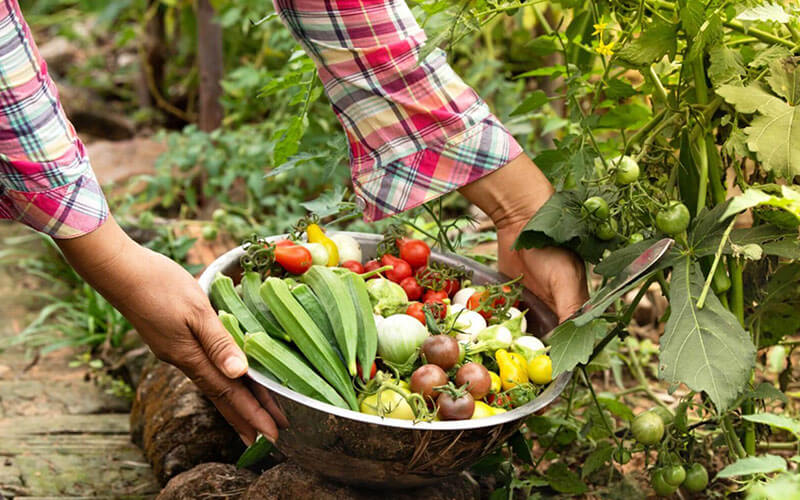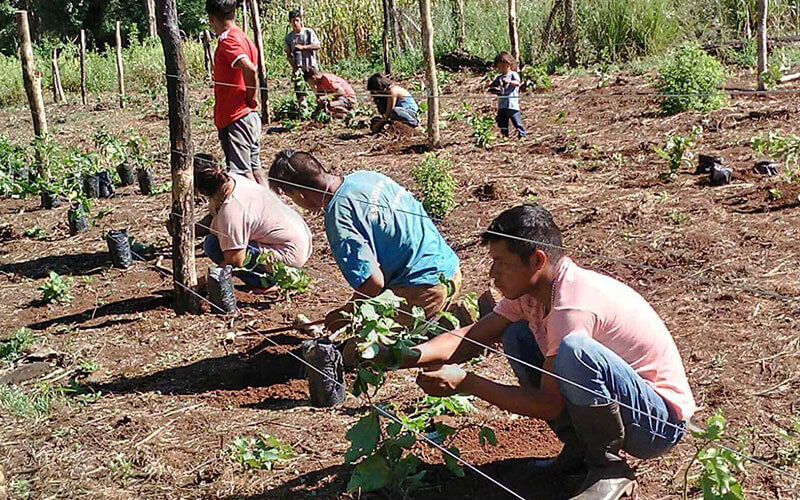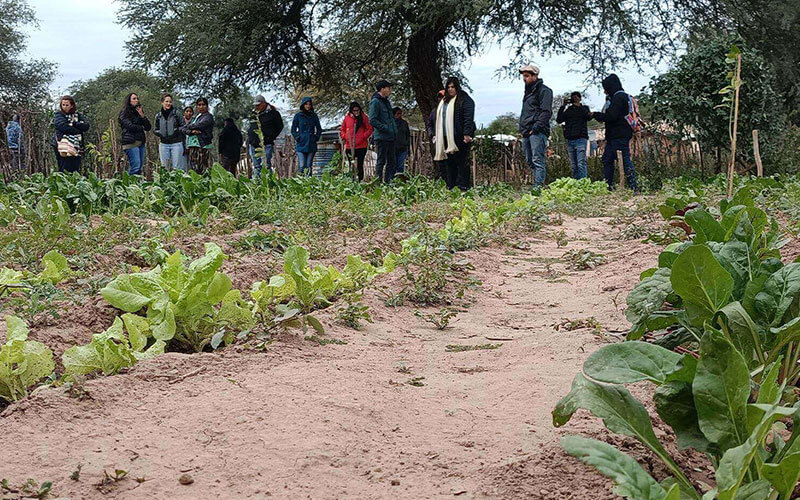An estimated 43% of children under 5 years old in the world live in poverty. Moreover, every 2 out of 3 children do not get enough – suitable and diverse- food for their growth and healthy development. In Argentina, 4 out of 10 children under 5 years old are at risk of not achieving their full development due to poverty and high levels of food insecurity.
In this context, Sustainable food systems (SAS) is a platform that aims at exploring new ways of approaching the causes of child malnutrition in a comprehensive manner and promote the transition to more inclusive and sustainable food systems.
In order to achieve this, SAS recommends an intervention model that contemplates a strategic plan of collaboration between the public, private and social sector, of building capacities, knowledge based on evidence that allows for the creation of more efficient and sustainable models, the testing, systematization and implementation on site of those models that enable their scalability and replication in the most encompassing, efficient and sustainable manner.
To this date, more than 2,000 bibliographic sources were researched and gathered for an analysis report which was written, validated and published; and which provided information on the multiple causes of child malnutrition with a regional and national perspective.
In the search for innovative practices, since 2020, annual editions of the SAS awards are held, in which more than 200 organizations have taken part by submitting their projects. There are workshops, trainings and professional development forums and diverse applied research lines are followed. At this moment, the project is in the stage of creating the working hypothesis, selection and prioritization of sites for the implementation of local intervention models which we call pilot test.
SAS is an initiative of “Fundación Alimentaris” and was designed together with “Potenciar”: Collective Impact Platform. Also, it relies on a network of partners that participated in the process of designing and validating, made up by: CEPEA, CESNI, Latinoamerican Group for Justice and Gender (E.L.A), Avina Foundation, Argentinian Network of Food Banks, UCA Argentine Social Debt Observatory, World Organization for Early Childhood Education (OMEP), UN Women Argentina, Sed Cero, Solidaridad Network and Land Workers Union.



